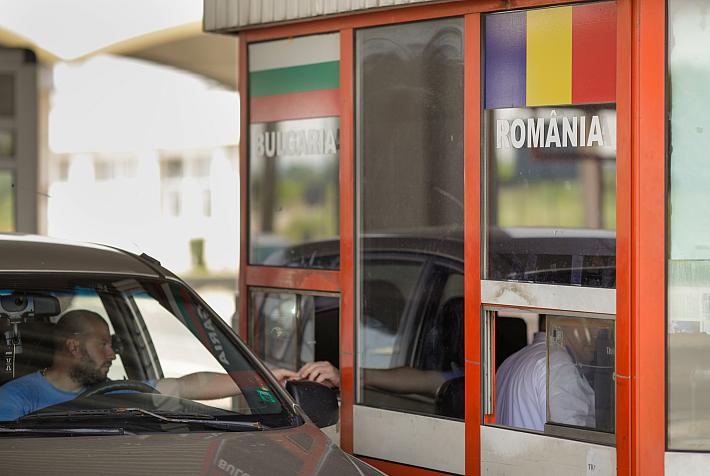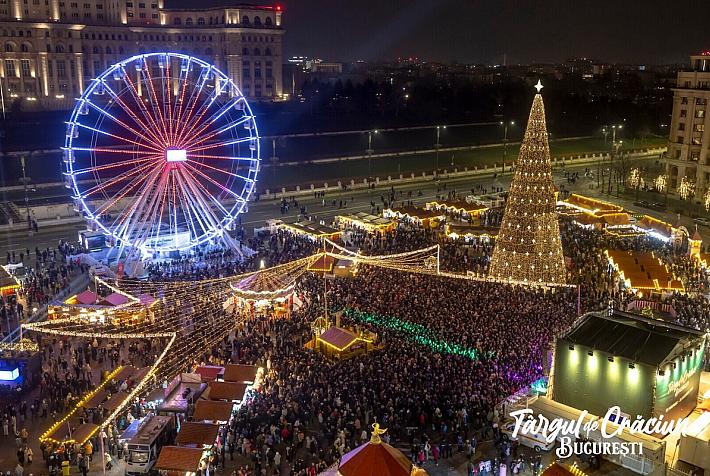Romanian film – Soccer, scientists, and secret agents: Romanian Days@TIFF

Another edition of the Transilvania International Film Festival (in short, TIFF) has just ended and it was once again a pleasure being there. TIFF has grown into a massive undertaking, making some bemoan the loss of its initial small-scale charm, when everything was less perfect and (apparently) more passionate. This might be indeed a valid regret, but growth is inevitable and for the Romanian film industry, TIFF's remarkable development is more than necessary.
In addition to the traditional Romanian Days, a section screening the most recent and last year's national entries, the homage payed to a prestigious Romanian filmmaker (this year it was almost-forgotten Iulian Mihu) and a new edition of the Transilvania Talent Lab, the most ambitious new project sets out to save Romania's deplorable network of state cinema theatres, many of them being in ruin or simply not used anymore. Save the Big Screen (Salvați Marele Ecran) is an initiative meant to raise awareness of this problem and find ideas for a long-term solution. It's high time such a project was started.
As far as the films are concerned, the Romanian Days were a mixed pleasure, as always. Although I have to say that this year was a bit weaker. I am talking about Romanian-French pseudo-filosophical horror movie Cripta/The Crypt, an annoyingly bad film on a French investor being trapped inside the courtyard of a – well – crypt at Băile Herculane, or about the amusing but childish #Selfie, a film which you might enjoy if you were seventeen, maybe, but I could never understand why it's included in a competition. For grown-ups.
The winner of the Romanian competition, Al doilea joc/The Second Game, must have been an easy one because it is the only film in the selection which stands out, at least due to its experimental, intelligent, and fresh approach. The winner of the best debut, Câinele japonez/The Japanese Dog, is also a fine picture, a careful family story. The black-and-white thriller set in a scientists' community in communism, Quod Erat Demonstrandum, the only Romanian film in the international competition, is also a well-made drama which is especially remarkable in its cerebral nature and exquisite set design. Mai aproape de lună/Closer to the Moon and La limita de jos a cerului/The Unsaved are also interesting, if imperfect films.
The newcomers, meaning films which premiered at this year's TIFF, had some nice suprises to counterbalance the terrible Cripta, such as the amusing but clichéd mainstream comedy America, venim!/America, Here We Come! or the documentaries București, unde ești?/Bucharest, Where Are You?, a fine, occasionally amusing but amateurish documentary about the protesting culture in Romania since the winter of 2012, the highly personal and touching look at a dying loved one, Un ultim an în 114 minute/A Last Year in 114 minutes, and my favourite, the thrilling and revelatory documentary about a spectacular secret agents' case during the Cold War, Afacerea Tănase/The Tănase Affair.
The short competition had less outstanding features than expected, meaning the films were all equally fine even if not particularly impressive. The winner, Să mori de dragoste rănită/Dying from a Wound of Love, is an amusing take on the eponymous pop song, a rom-com with some dark elements, brimming with enthusiasm and tongue-in-cheek humour. Other fine films were Radu Jude's Trece și prin perete/It Can Pass Through the Wall and, my favourite, a foul-mouthed homage to Aki Kaurismäki and (as some audience members said) to Tarantino, Andrei Crețulescu's gangster flick with a Romanian touch, Kowalski.
TIFF is currently screening some of its features, both Romanian and international, in Bucharest until 19 June and you should not miss it; some of these excellent films you won't be able to find outside the festival circuit. Boyhood, Kým sa skoncí táto noc/Before this Night is Over and Être et avoir/To Be and to Have were my absolute favourites at TIFF, but the other titles are also highly recommended.
By Ioana Moldovan, columnist, ioana.moldovan@romania-insider.com












